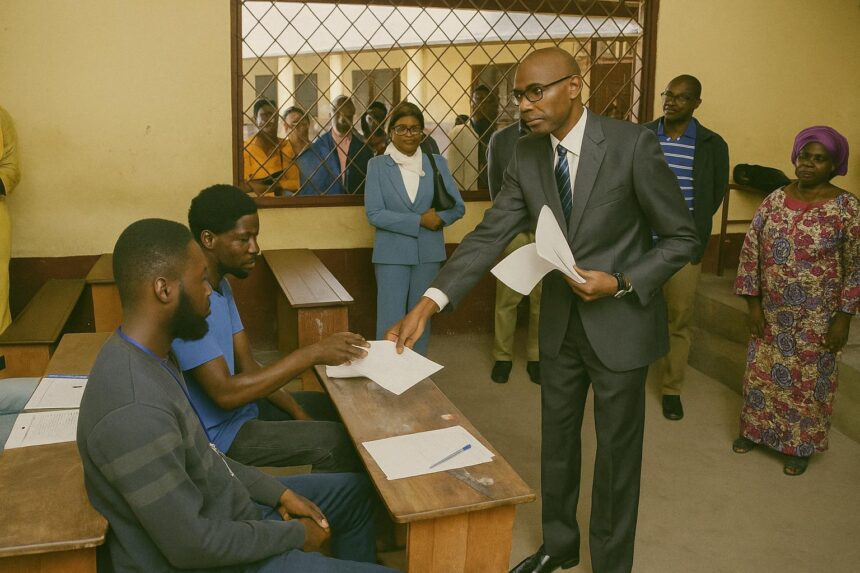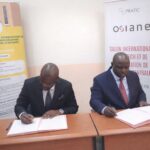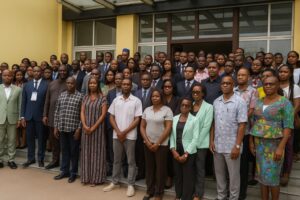National push for technical expertise
The July launch of the Certificate of Professional Aptitude examinations underscores a strategic commitment by the Republic of Congo to align its human-capital agenda with the industrial ambitions outlined in the National Development Plan 2022-2026. According to the Ministry of Technical and Vocational Education, sixteen separate assessments now structure the national calendar, a breadth that UNESCO describes as “remarkably inclusive for a lower-middle-income economy” (UNESCO 2023). By nurturing mid-level technicians in automotive mechanics, refrigeration, and industrial electricity, Brazzaville aims to reduce reliance on expatriate skills and bolster domestic value chains that still import an estimated 65 percent of maintenance services (World Bank 2022).
Don Bosco centre and public-private synergy
The cohort of 129 candidates is drawn entirely from the Don Bosco Vocational Training Centre, a public-interest institution managed in partnership with the Salesian congregation and co-financed by the Italian Agency for Development Cooperation. This hybrid governance model, praised by the African Development Bank for its “efficient cost-to-competence ratio” (AfDB 2021), exemplifies how faith-based providers complement state capacity in a budget-constrained environment. Over three academic years the trainees completed 1 980 hours of workshop sessions, with continuous assessment contributing forty percent of the final grade, thereby harmonising formative evaluation and summative testing in line with AU TVET guidelines.
Exam day logistics across two economic hubs
The simultaneous opening of examination rooms at Brazzaville’s Lycée Technique Industriel du 1er Mai and the Pointe-Noire annex symbolises balanced territorial development. Pointe-Noire, host to the country’s hydrocarbon complex, accounts for nearly sixty percent of GDP, yet until 2019 lacked a permanent CAP centre. The Ministry’s logistics division deployed identical tool kits, calibration sheets and invigilators to both cities, a precaution that, according to Director Armand Roch Placide Bokangué, “guarantees methodological parity and preserves certification credibility.” The gesture resonates beyond pedagogy; it is a subtle reassurance to investors that Congolese standards are uniform regardless of province.
Balancing equity and rigor in certification
Officials were keen to stress rigor without intimidation. The Director-General of Examinations, speaking on site, insisted that moderation panels include at least one external assessor from the private sector, a practice recommended by the International Labour Organization to curb grade inflation (ILO 2022). At the same time, bursaries covered exam fees for thirty-two orphaned or vulnerable learners, reflecting the government’s social-cohesion pillar. This dual approach—strict quality control tempered by targeted subsidies—protects both the market value of the certificate and the constitutional promise of equal opportunity.
Regional relevance and continental benchmarks
In Central Africa the CAP is increasingly viewed as a passport for labour mobility. Neighbouring Cameroon and Gabon already grant partial credit transfers to Congolese holders under the CEMAC Mutual Recognition Framework of 2020. Analysts at the Economic Commission for Africa note that such portability can raise remittance inflows by up to fifteen percent over five years, injecting hard currency into domestic reserves (ECA 2023). By standardising assessment items with CEMAC matrices, Congo positions its graduates to capitalise on sub-regional infrastructure projects, from the Kribi-Brazzaville-Bangui transport corridor to the Inga-Brazzaville power-exchange scheme.
Prospects for a skills-driven economy
Beyond the immediate outcome of the July session, the ministry has mapped a sequence of direct recruitment contests starting 5 August, followed by entrance exams for polytechnic institutes in Kintélé and Oyo. These pathways illustrate a lifelong-learning continuum endorsed by President Denis Sassou Nguesso in his 2023 State of the Nation address, where he framed technical education as “the engine of sovereign industrialisation.” International partners are taking note: the EU-funded PRADEC programme earmarked €18 million this year for equipment modernisation, while the CAFI climate-finance initiative links future disbursements to the greening of technical curricula. Such converging incentives suggest that the 129 candidates who sat quietly over their drawing boards this week are emblematic of a wider recalibration of Congo’s growth model—one that privileges competence over commodity cycles while maintaining a calibrated diplomacy with multilateral creditors.




















